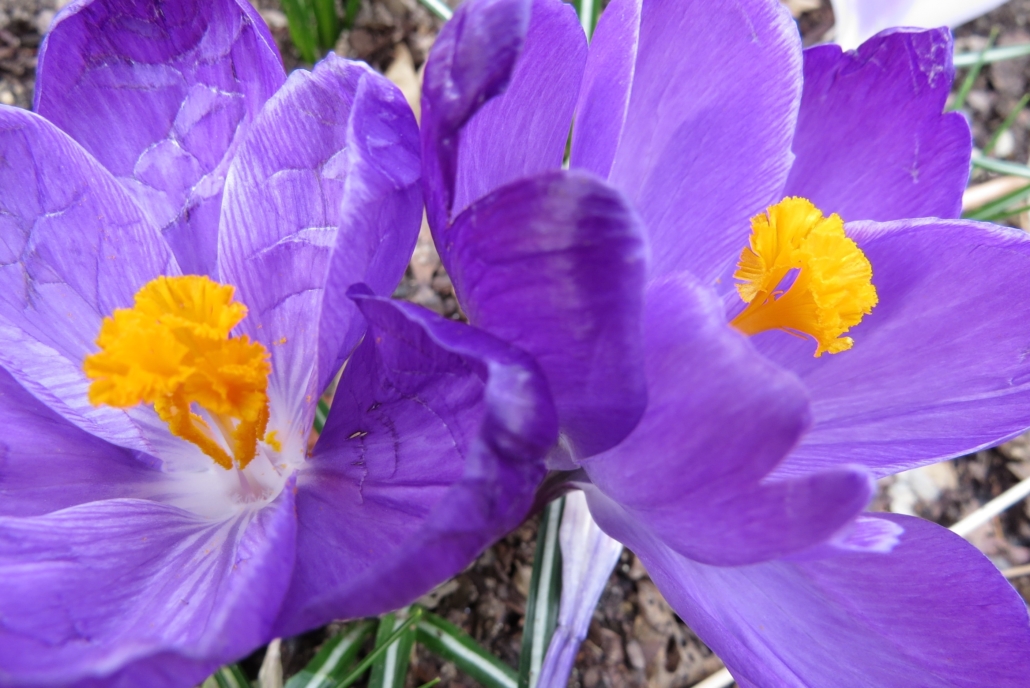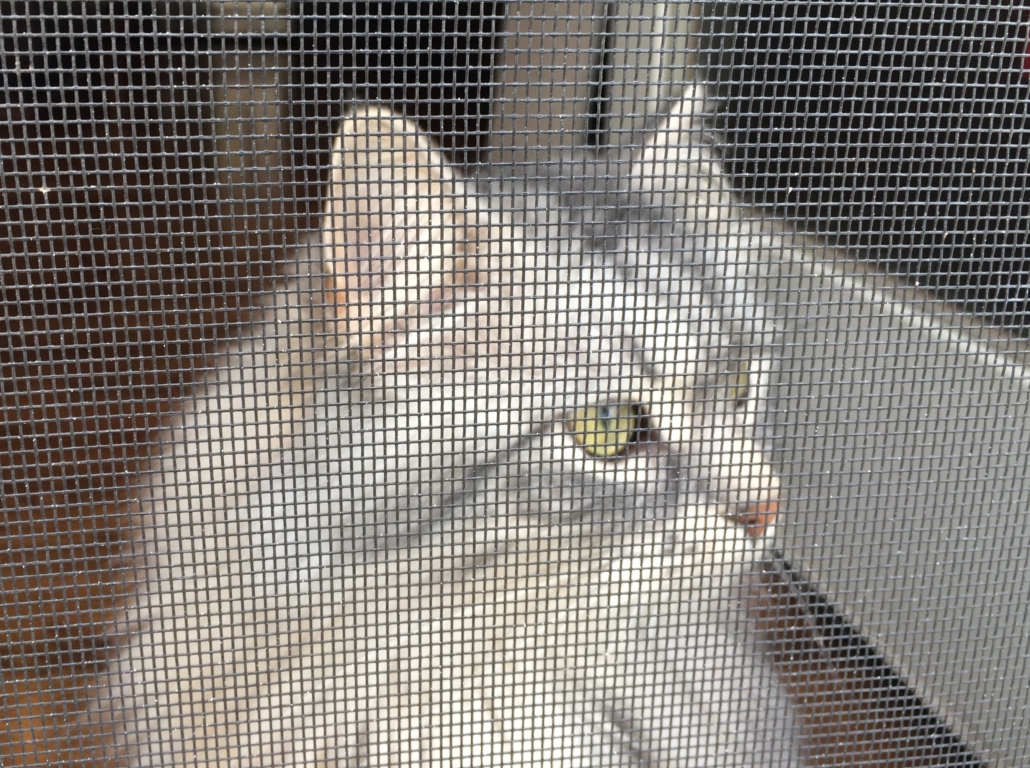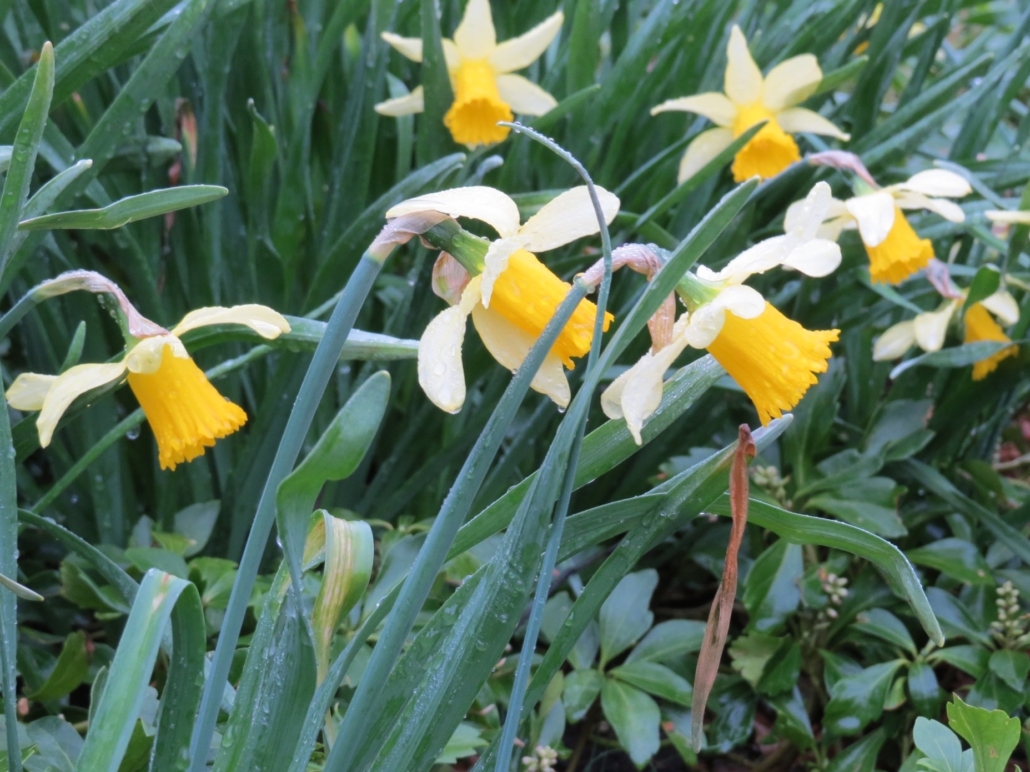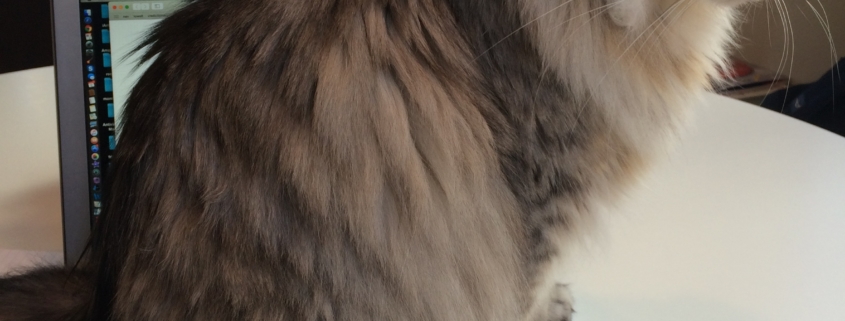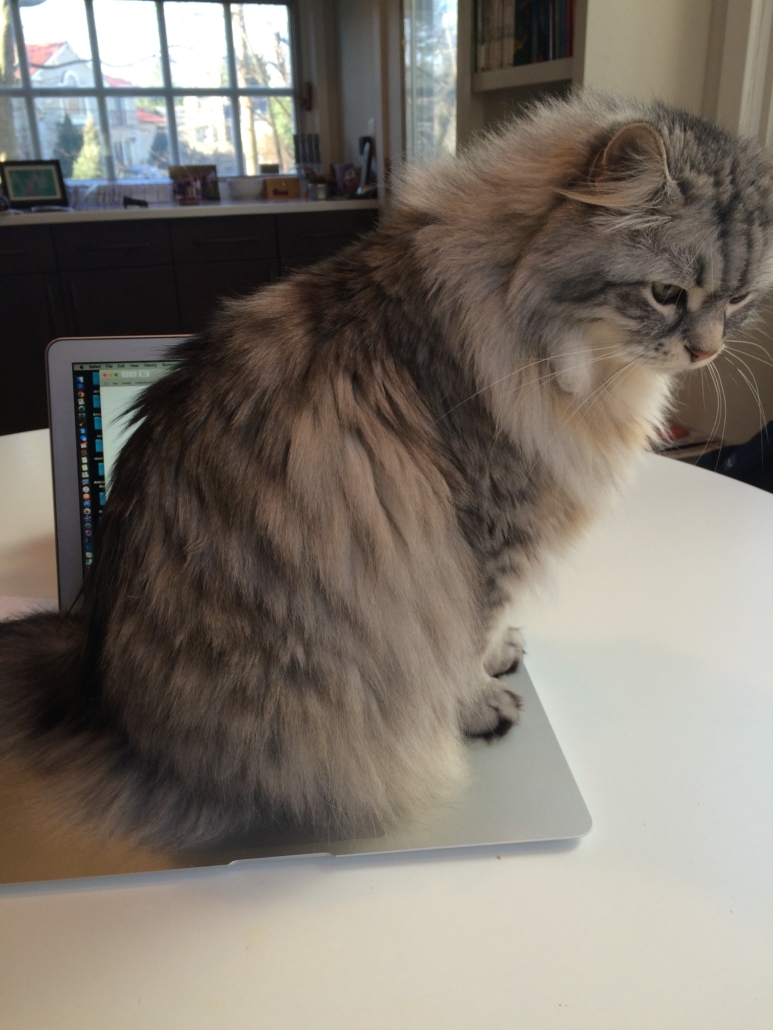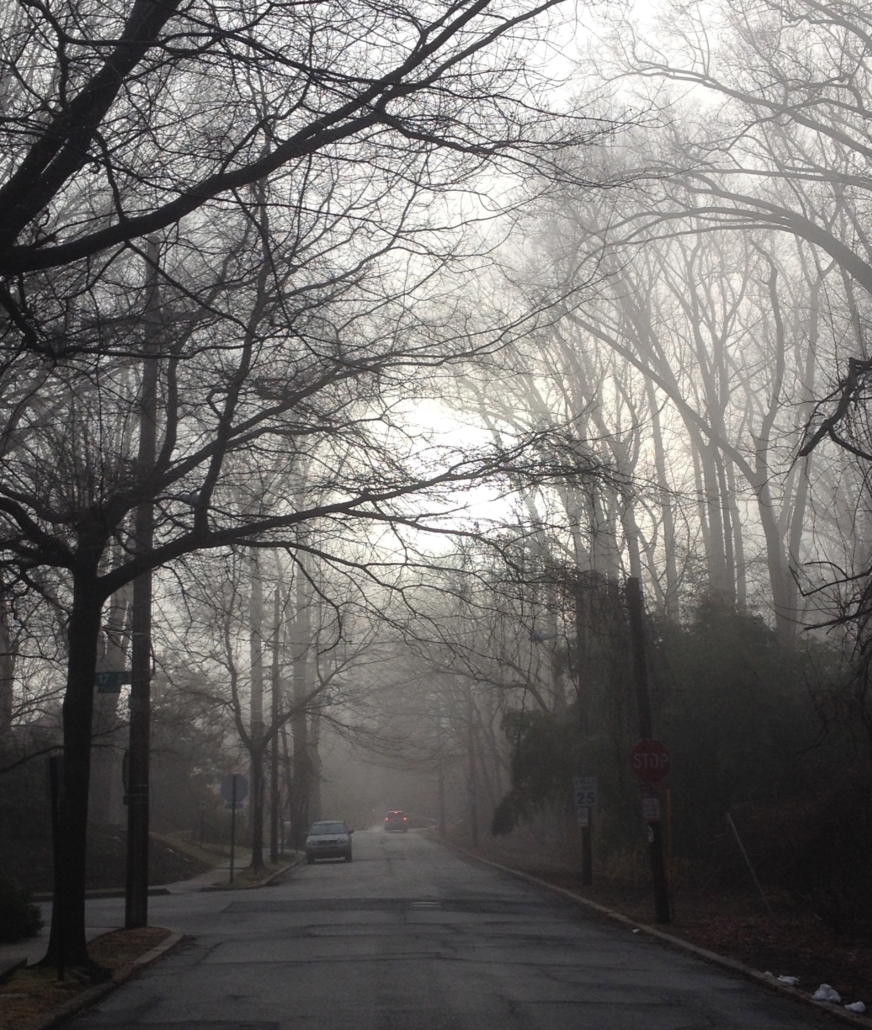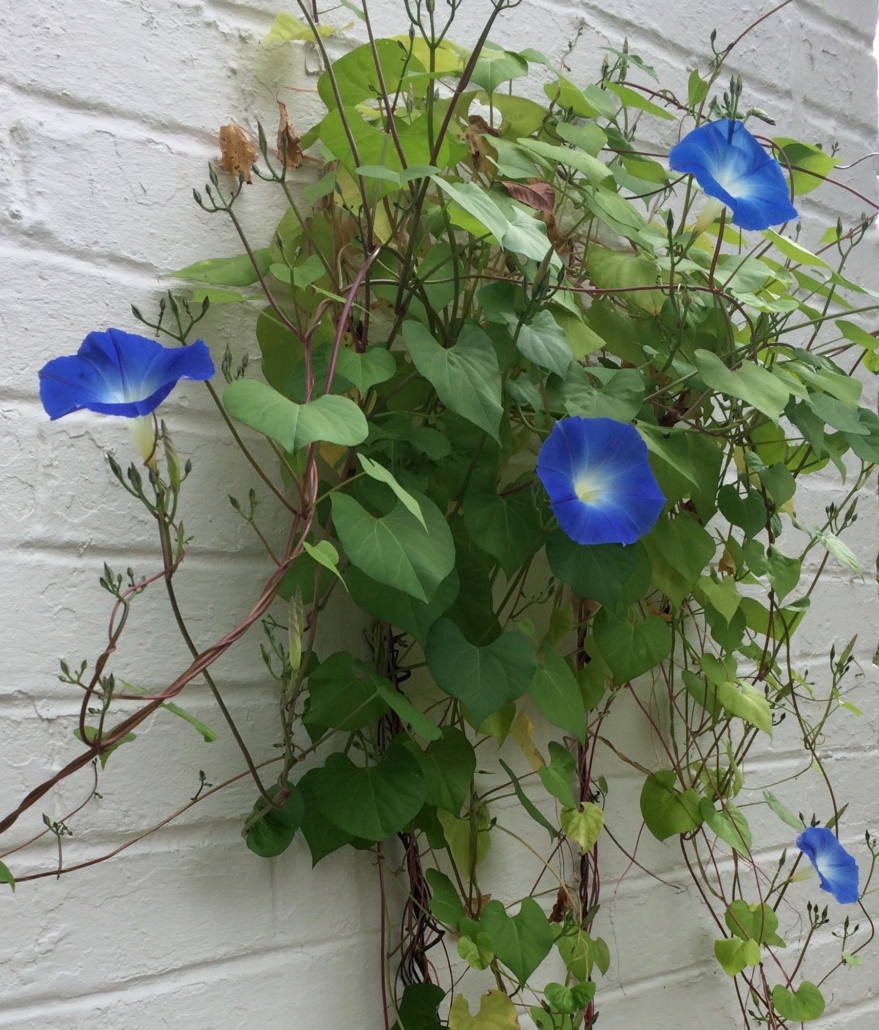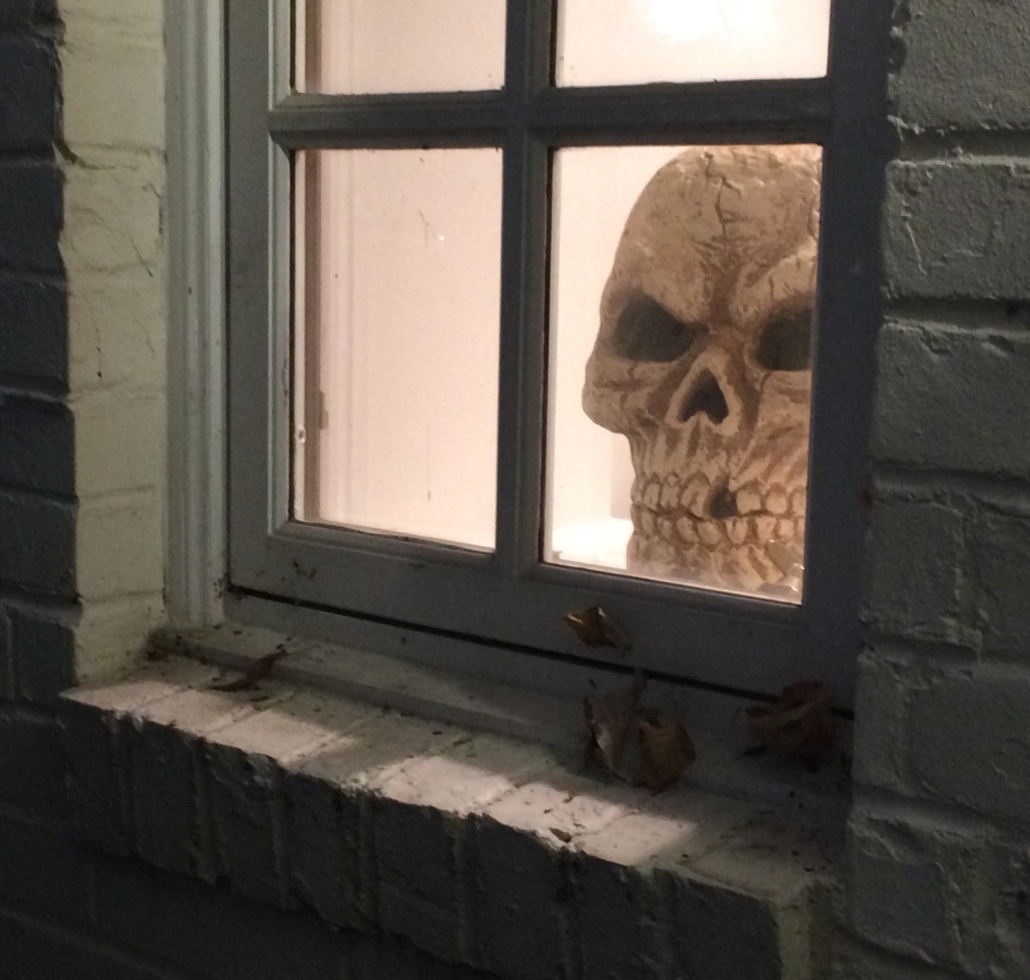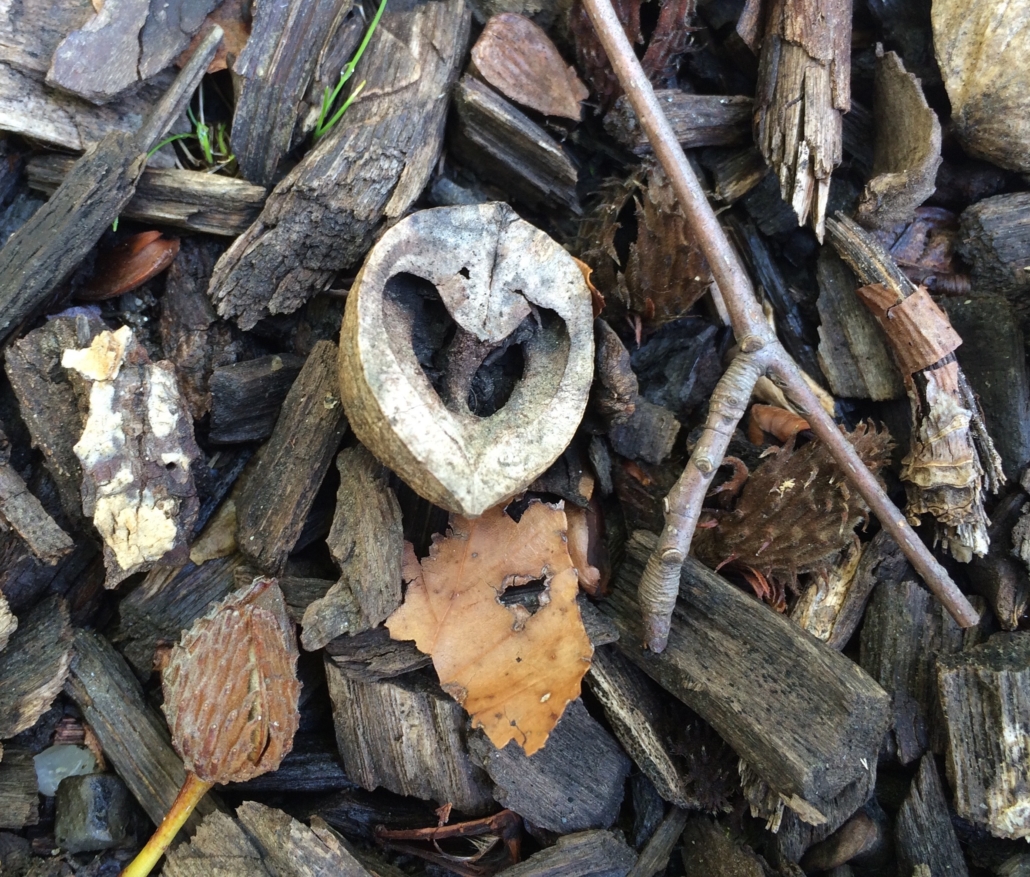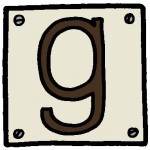unwinding the apple
in one long strand
I have been writing haiku for a few years now, and over that time I’ve become increasingly interested in renku, a linked form composed by multiple writers. As writers often work alone, I find the idea of writing together very appealing. I am also intrigued by the guidelines renku leaders follow around themes and when they should appear and the intuitive ways the verses link to one another.
At the end of his essay “A Personal Introduction to Renku,” William J Higginson writes, “Enjoy a renku as you would enjoy music, for the varying motifs which come and go, threaded through the rhythms of first one voice, then another. Catch, if you can, how one verse adds meaning to what went before, and then changes its own meaning as the next follows. These changes, lightly governed by a variety of guidelines, should appear as simply the continuing flux of life.”
Isn’t this lovely? And oddly non-narrative?
I first learned about renku through “Thunder Moon: A Renku Party,” an episode of the Haiku Chronicles podcast. I had been wondering how to find one to participate in, when I discovered that The Haiku Foundation had just started one on their blog Troutswirl. The leader Marshall Hryciuk, who has led 40 renku sessions, opened with a three line hokku.
In the comments section below, writers offered possible verses to follow. Marshall replied to each with his thoughts about why or why not it would make sense as the next verse. He then selected one and suggested guidelines for the next verse. The renku currently has three verses and writers are suggesting possible fourths with the caveats that the next verse should be two lines, the season should be autumn, perhaps indoors, and should not refer to moonlight, animals, flowers, or precipitation!
These are just the kind of limits that inspire creativity, right?!
Though a novice, I bravely wandered in, proposing the following:
unwinding the apple
in one long strand
Marshall kindly and generously suggested the verse might be better as:
unwinding the orange
in one long peel
I have to admit I agree that his suggestion has more power, I think because orange is a stronger color and all oranges are orange and apples can be many different colors. He also guessed that perhaps I had gone with apple because it was more autumnal and encouraged me to follow my instinct.
Perhaps it wasn’t the most successful verse as a verse, but it was my first baby step in learning about a fascinating practice, and it was fun.
Happy Sunday and Day 3 of National Poetry Month!
Liz
